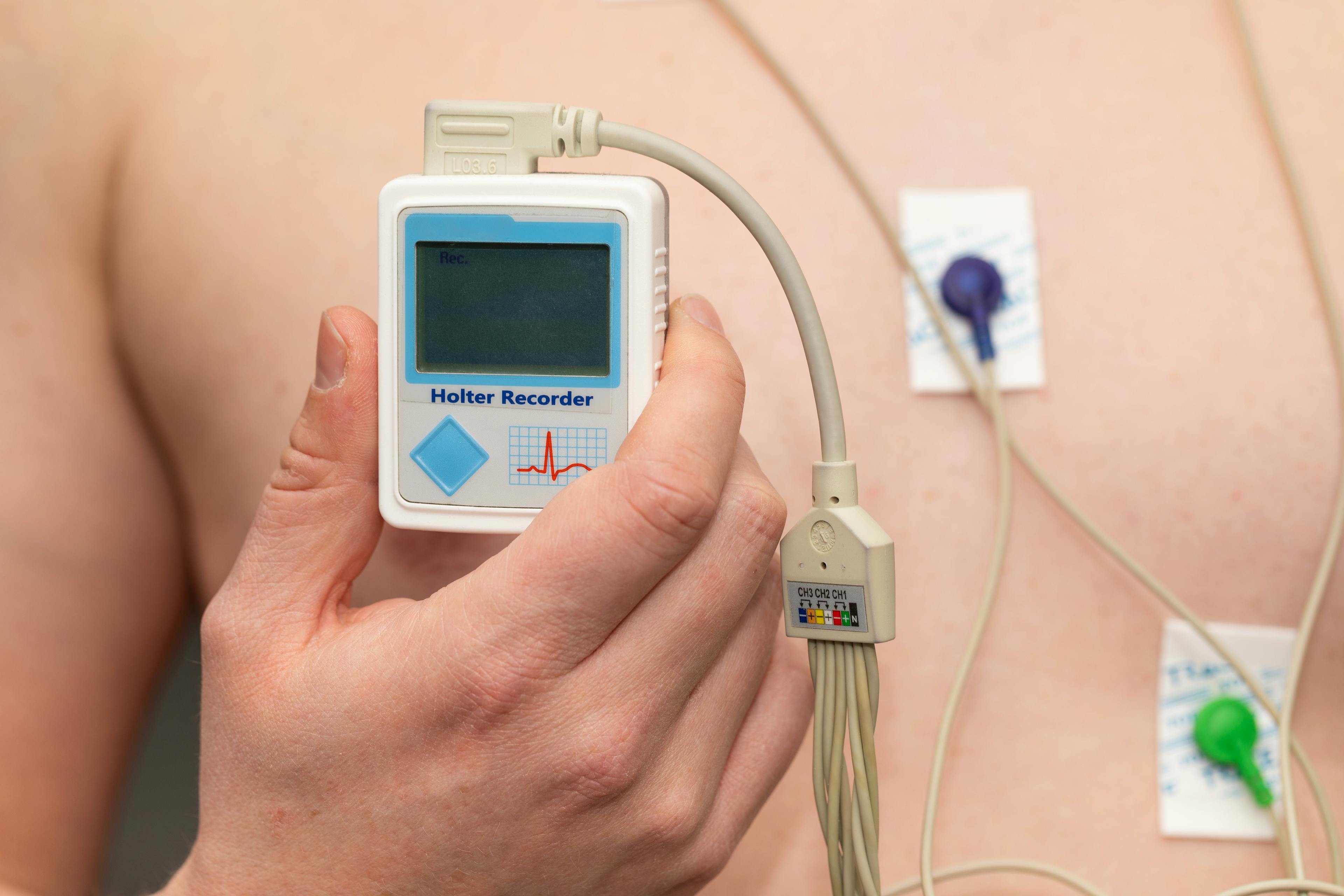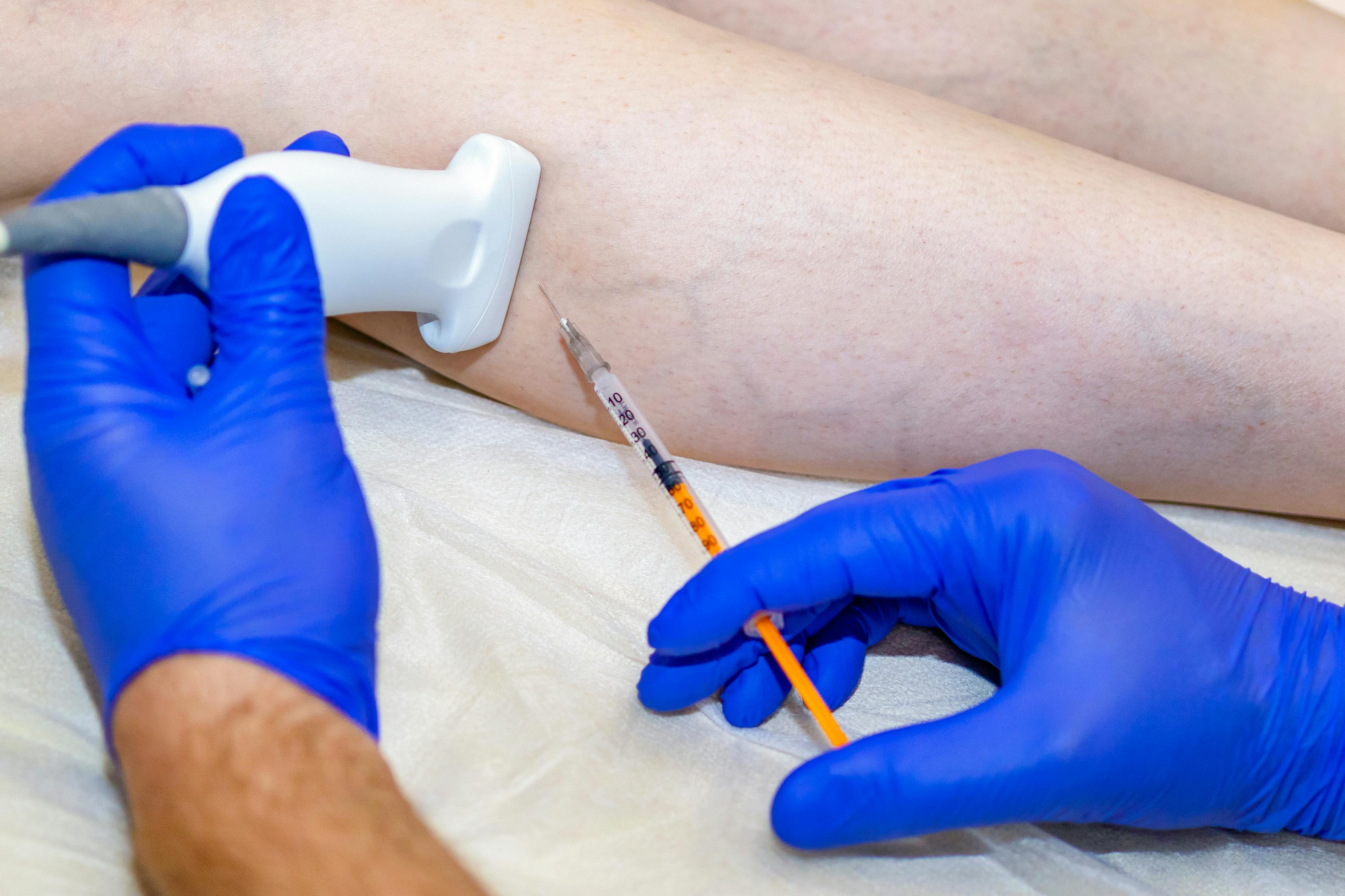Accurate diagnosis is the foundation of effective treatment. Whether you are experiencing symptoms like chest pain, irregular heartbeat, or poor circulation—or managing a chronic heart or vascular condition—timely testing plays a critical role in protecting your health.
Our cardiovascular imaging team offers a comprehensive range of diagnostic tools, from routine lab work to advanced cardiac imaging and vascular screening, to guide your care plan.
Lab Testing
- Lipid Profile
- Blood Sugar and A1C
- Inflammatory Markers
Cardiac Imaging
- Echocardiogram (Standard and Stress)
- Nuclear Stress Testing
- PET Scan
- Cardiac MRI
- Cardiovascular CT (including Calcium Scoring)
Heart Rhythm Monitoring
- EKG
- Holter Monitor
- Event Monitor
- Implantable Loop Recorder
Vascular Imaging
- Vascular Ultrasound
- Ankle-Brachial Index (ABI)
- CT Angiography
- MR Angiography
Your Next Steps After Your Diagnostic Tests
Your first step is a consultation with one of our providers. We’ll review your symptoms, medical history, and any previous test results to determine which diagnostic tests are appropriate. Once your testing is complete, we’ll carefully review the results with you and discuss whether further evaluation, treatment, or routine follow-up is recommended.






